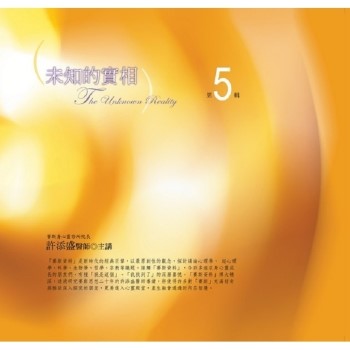Sister Carrie by Theodore Dreiser has been called the "greatest of all American urban novels." Caroline "Sister Carrie" Meeber, a young country girl, moves to the big city where she starts realizing her own American Dream, first as a mistress to men that she perceives as superior, and later becoming a famous actress.
Dissatisfied with life in her rural Wisconsin home, 18-year-old Caroline takes the train to Chicago, where her older sister Minnie haa agreed to take her in. On the train, Carrie meets Charles Drouet, a traveling salesman, who is attracted to her because of her simple beauty and unspoiled manner. They exchange contact information, but upon discovering the "steady round of toil" and somber atmosphere at her sister's flat, she writes to Drouet and discourages him from calling on her there.
One day, after an illness that costs her job, she encounters Drouet on a downtown street. Once again taken by her beauty, and moved by her poverty, he encourages her to dine with him, where, over sirloin and asparagus, he persuades her to leave her sister and move in with him. To press his case, he slips Carrie two ten dollar bills, opening a vista of material possibilities to her. The next day, he rebuffs her feeble attempts to return the money, taking her shopping at a Chicago department store and securing a jacket she covets and some shoes. That night, she writes a good-bye note to Minnie and moves in with Drouet.
Theodore Dreiser is considered one of America's greatest naturalists, notable because he wrote at the early stages of the naturalist movement. Sister Carrie was a movement away from the emphasis on morals of the Victorian era and focused more on realism and the base instincts of humans.
Sister Carrie went against social and moral norms of the time, as Dreiser presented his characters without judging them. Dreiser fought against censorship of Sister Carrie, brought about because Carrie engaged in affairs and other "illicit sexual relationships" without suffering any consequences. This flouted prevailing norms, that a character who practiced such sinful behavior must be punished in the course of the plot in order to be taught a lesson.











